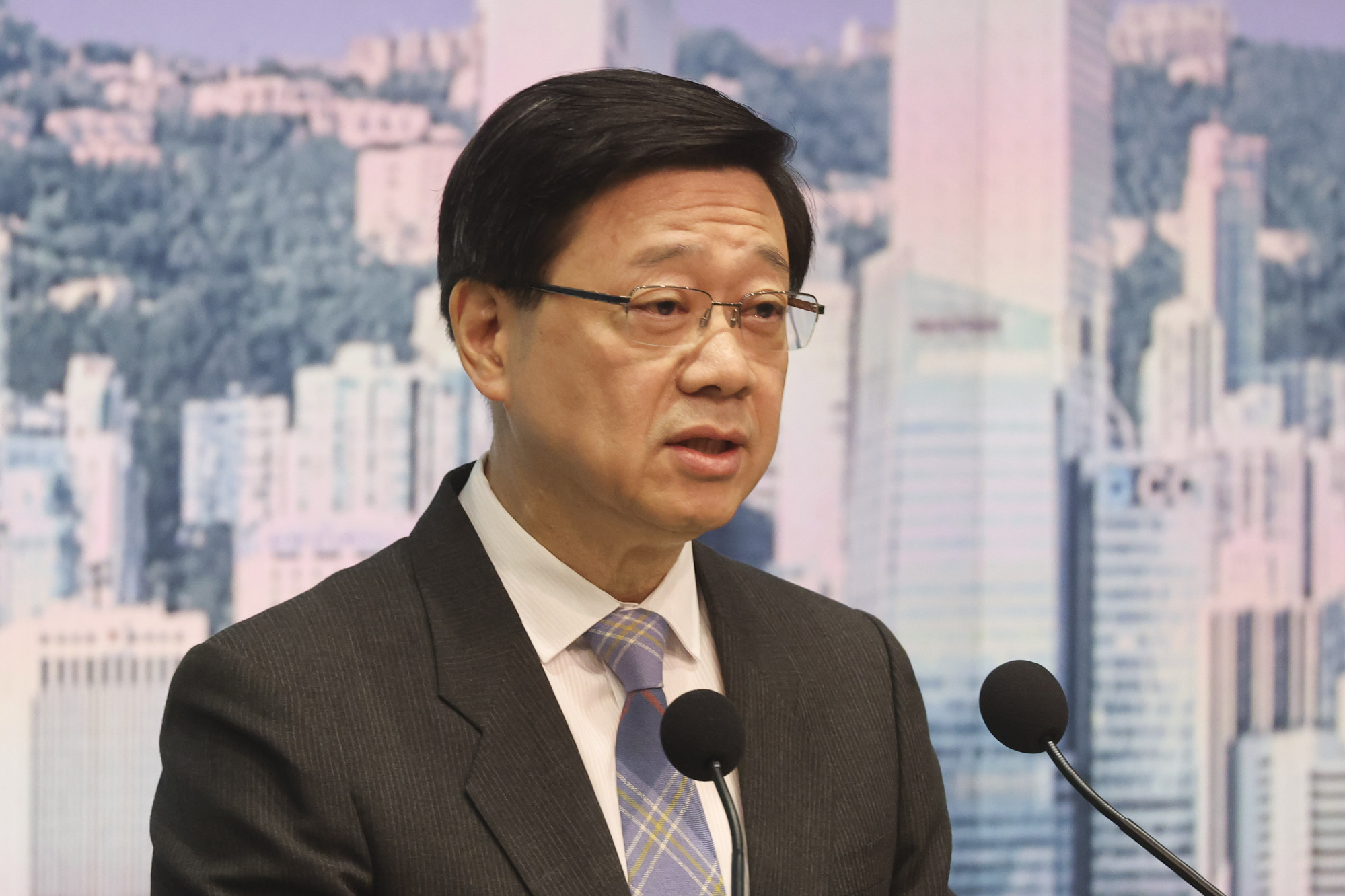
Mandarin proficiency a must for overseas talent seeking to make it in Hong Kong, recruiters say
- With a lot of new companies expanding in the Greater Bay Area, employees will need to know Mandarin, recruiters say
- Demand for talent in finance, technology and science from Hong Kong firms will remain high next year
Overseas talent coming to Hong Kong should consider picking up Mandarin as businesses flock to the city and the Greater Bay Area, according to recruitment consultants.
Hong Kong has long used English as the main language to conduct business, but in recent times, there has been a notable uptick in the need for employees with Mandarin capabilities, according to Leslie Tang, head of client solutions in Greater China at Randstad, a recruitment agency.
“While English is widely spoken in Hong Kong, foreigners need to put in the effort to learn Mandarin as a second or third language to lift communication barriers that may delay growth opportunities and social integration in the long run,” said Tang.
A lot of talent in Hong Kong is already proficient in the English language, said Tang, noting that some fields like law, consulting and fintech require advanced English language skills.

At the same time, a lot of new companies are expanding within the Greater Bay Area, and employees will need to know Mandarin as well, he added.
“Five years ago, if we tried to recruit people from China to come to Hong Kong or elsewhere, they would all say no,” said Jerry Chang, managing director at the recruiting firm Barons & Co. “But today, given the tough economic environment in China, mainlanders are more open to come to work in Hong Kong.”
76% of new talent from outside Hong Kong want city schools for children
There has been a shift in the mindset of mainland Chinese workers, and the support of the Hong Kong government through various special talent programmes has helped give a boost to hiring, said Chang.
Across all schemes, including the Top Talent Pass Scheme and the Quality Migrant Admission Scheme, more than 90 per cent of applicants approved were from mainland China, according to government data.

Going into 2024, demand for talent in finance, technology and science will continue to be high, according to Karen Ng, the regional head at Deel, a human resources platform.
“The talent will be able to take advantage of remote working, while Hong Kong’s super-connector role will provide them with exposure to global opportunities,” said Ng. “We anticipate that this will become a more popular option for talent to forge their career path internationally from Hong Kong as a base.”
The rise of the digital asset space has also led to a resurgence in demand for tech-savvy talent. In June, Hong Kong introduced a new regulatory regime for cryptocurrencies in a bid to become a hub for virtual assets.
In anticipation of the new regulations, more than 80 companies from mainland China and abroad had earlier expressed interest in setting up Web3 businesses in Hong Kong.
“As companies flock to Hong Kong to take advantage of local market prospects, there comes a higher expectation for professionals with the right specialised skills and knowledge to strengthen their companies’ capabilities,” said Randstad’s Tang.
Hiring managers are also seeking talent with digital skills, he added. This is part of the global effort to digitalise processes within organisations to improve data analytics and improve efficiency.
Industries like construction, supply chain, infrastructure and hospitality will also see a demand for talent, according to Tang. These industries will be driven by post-Covid demand and resumption of infrastructure projects to improve connectivity within the Greater Bay Area.

